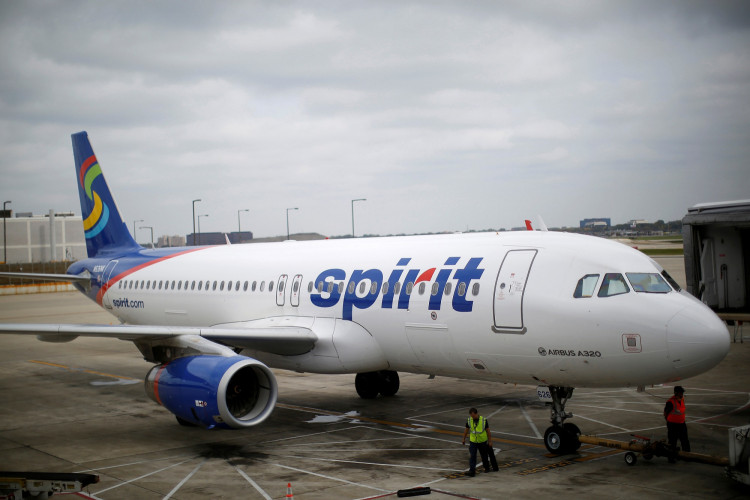Spirit Airlines, the ultra-low-cost carrier known for its budget-friendly travel options, announced on Monday that it has filed for Chapter 11 bankruptcy protection as it grapples with significant financial challenges. The Dania Beach, Florida-based airline cited mounting debt, persistent losses, and the fallout from a failed merger with JetBlue earlier this year as key drivers of its decision. Despite the filing, Spirit assured customers that ticket sales and operations will continue uninterrupted, including during the upcoming Thanksgiving holiday travel surge.
"This set of transactions will materially strengthen our balance sheet and position Spirit for the future while we continue executing on our strategic initiatives," said Spirit President and CEO Ted Christie in a statement. "The most important thing to know is that you can continue to book and fly now and in the future."
The airline has secured a prearranged agreement with its bondholders, which includes $300 million in debtor-in-possession (DIP) financing and a $350 million equity investment. The restructuring plan aims to reduce Spirit's debt load and provide much-needed liquidity. The company, which listed estimated assets and liabilities ranging between $1 billion and $10 billion each, plans to emerge from bankruptcy in the first quarter of 2025.
The filing follows a tumultuous period for Spirit, marked by a series of setbacks. In January, a U.S. District Court judge blocked a proposed $3.8 billion merger with JetBlue on antitrust grounds. The decision left Spirit scrambling to find alternatives to shore up its finances. Earlier this year, a merger attempt with Frontier Airlines also fell through, further compounding the airline's woes. As part of cost-cutting measures, Spirit announced last month that it would lay off employees and sell 23 older aircraft to save approximately $80 million.
The airline's financial troubles were further exacerbated by a 2023 engine recall, which strained its already thin resources. Spirit last turned a profit in 2019, prior to the COVID-19 pandemic that upended the airline industry. The impact of the pandemic hit ultra-low-cost carriers particularly hard, as many budget-conscious travelers shifted toward airlines offering more amenities, leaving Spirit with fewer customers willing to sacrifice comfort for low fares.
Industry analysts have long speculated that Spirit's reliance on low-cost, no-frills travel may be a challenging business model to sustain in a post-pandemic landscape. "The court's decision blocking the JetBlue merger left Spirit with few options but to face a likely restructure and bankruptcy," noted one analyst.
Spirit shares took a nosedive last week after news of the potential bankruptcy filing leaked, falling from $3.22 to $1.15 before closing at $1.07 on Friday. As part of the restructuring, Spirit's shares will be canceled, rendering them worthless, and the airline expects to be delisted from the New York Stock Exchange.
Despite these challenges, Christie remains optimistic about the airline's future. "I am pleased we have reached an agreement with a supermajority of both our loyalty and convertible bondholders on a comprehensive recapitalization of the Company, which is a strong vote of confidence in Spirit and our long-term plan," he stated.
Spirit's history dates back to 1964 when it began as a long-haul trucking company before shifting to aviation in the early 1980s. The company initially operated under the name Charter One Airlines, offering leisure packages to popular destinations. It rebranded to Spirit Airlines in 1992 and became known for its ultra-low-cost fares that attracted budget-conscious travelers willing to forgo traditional airline perks such as checked baggage and seat assignments.




